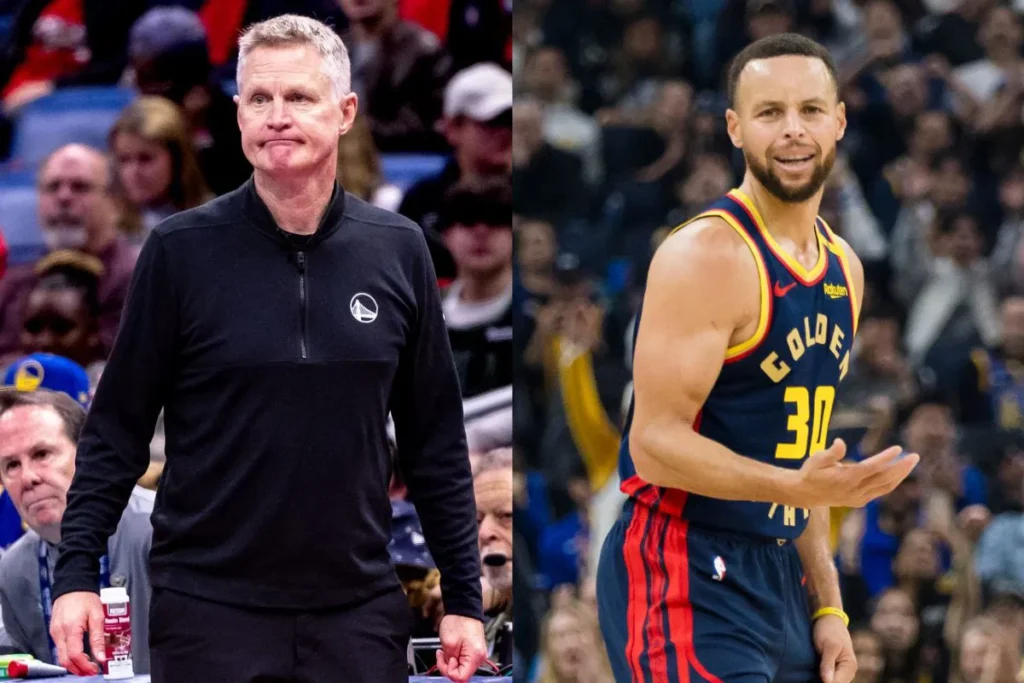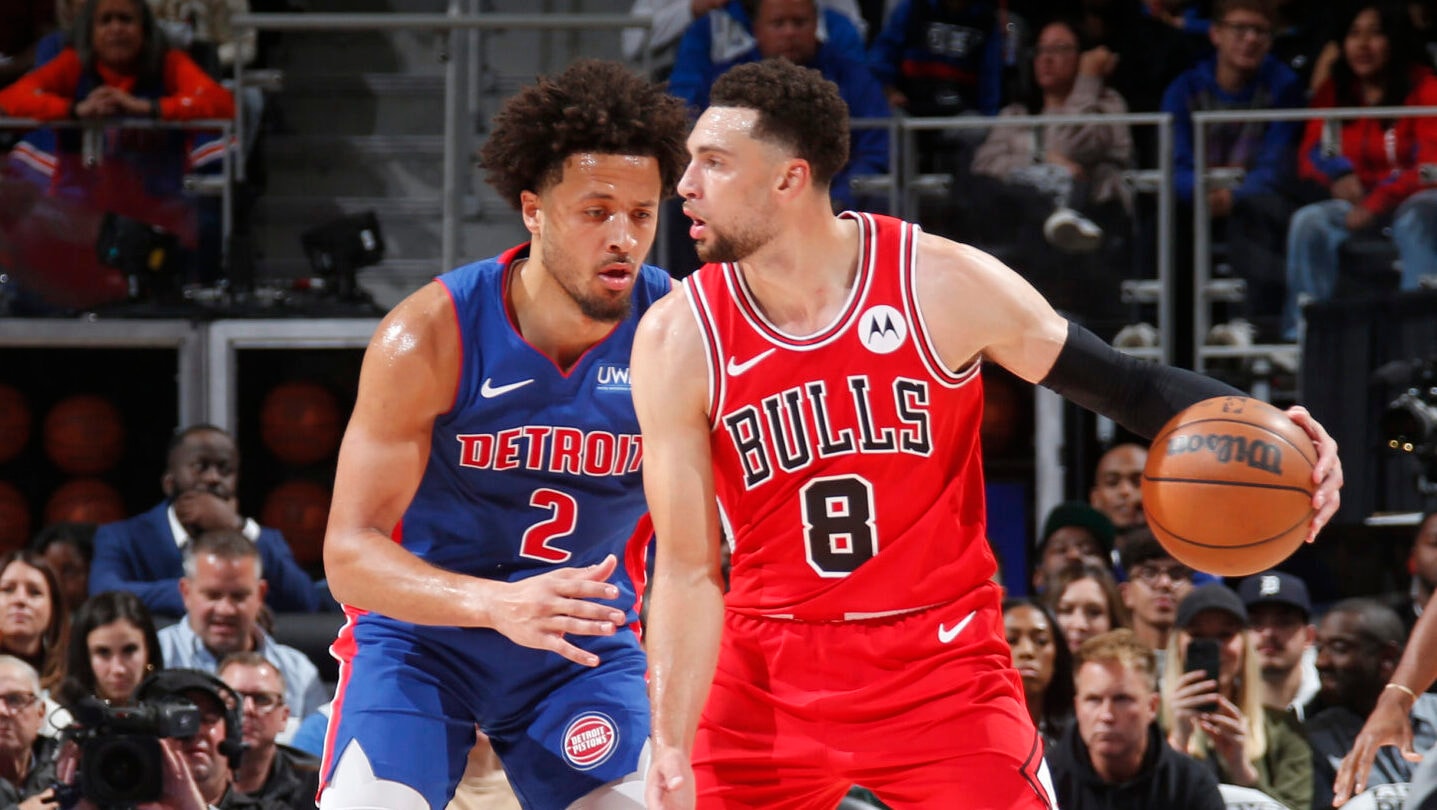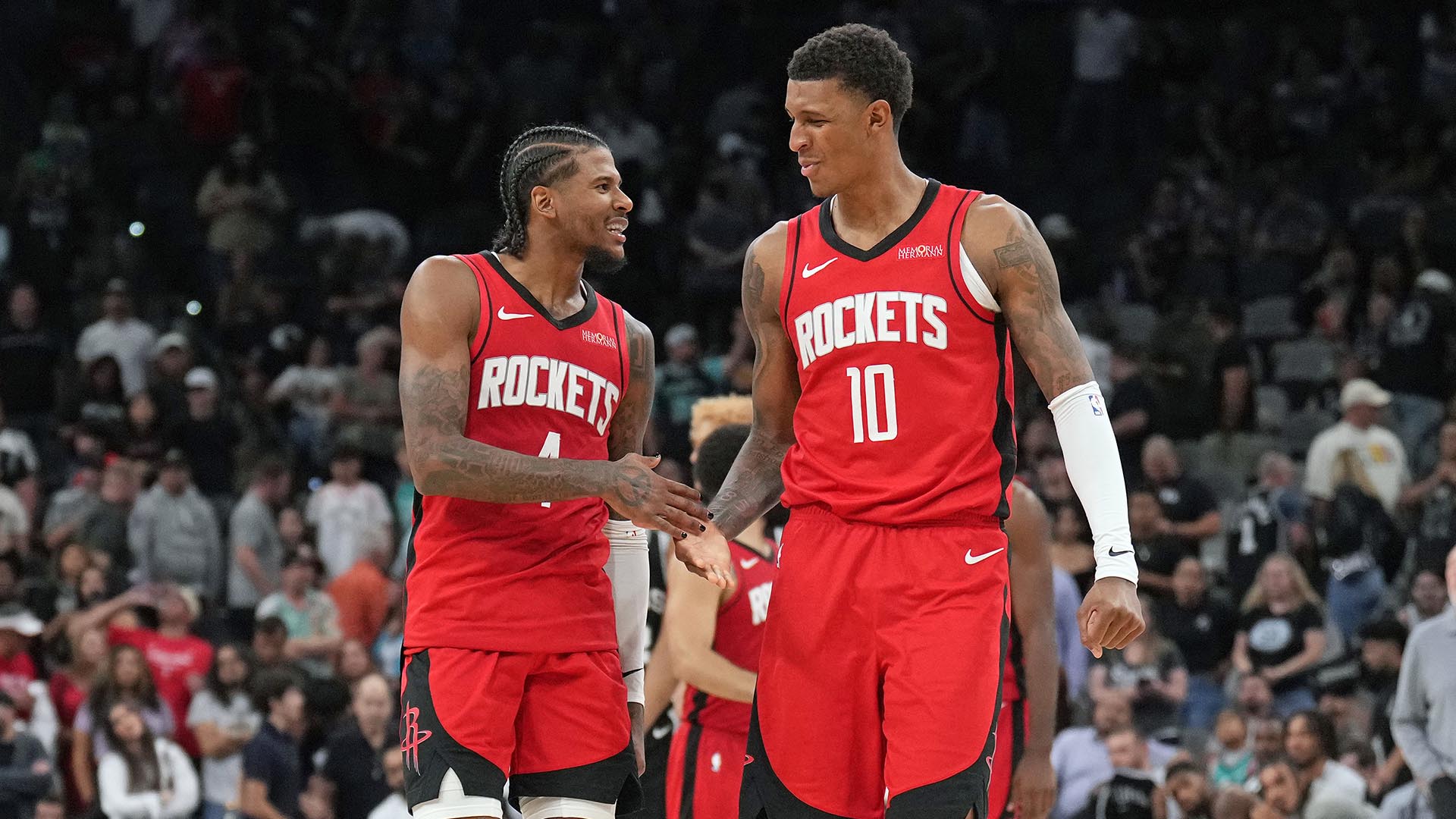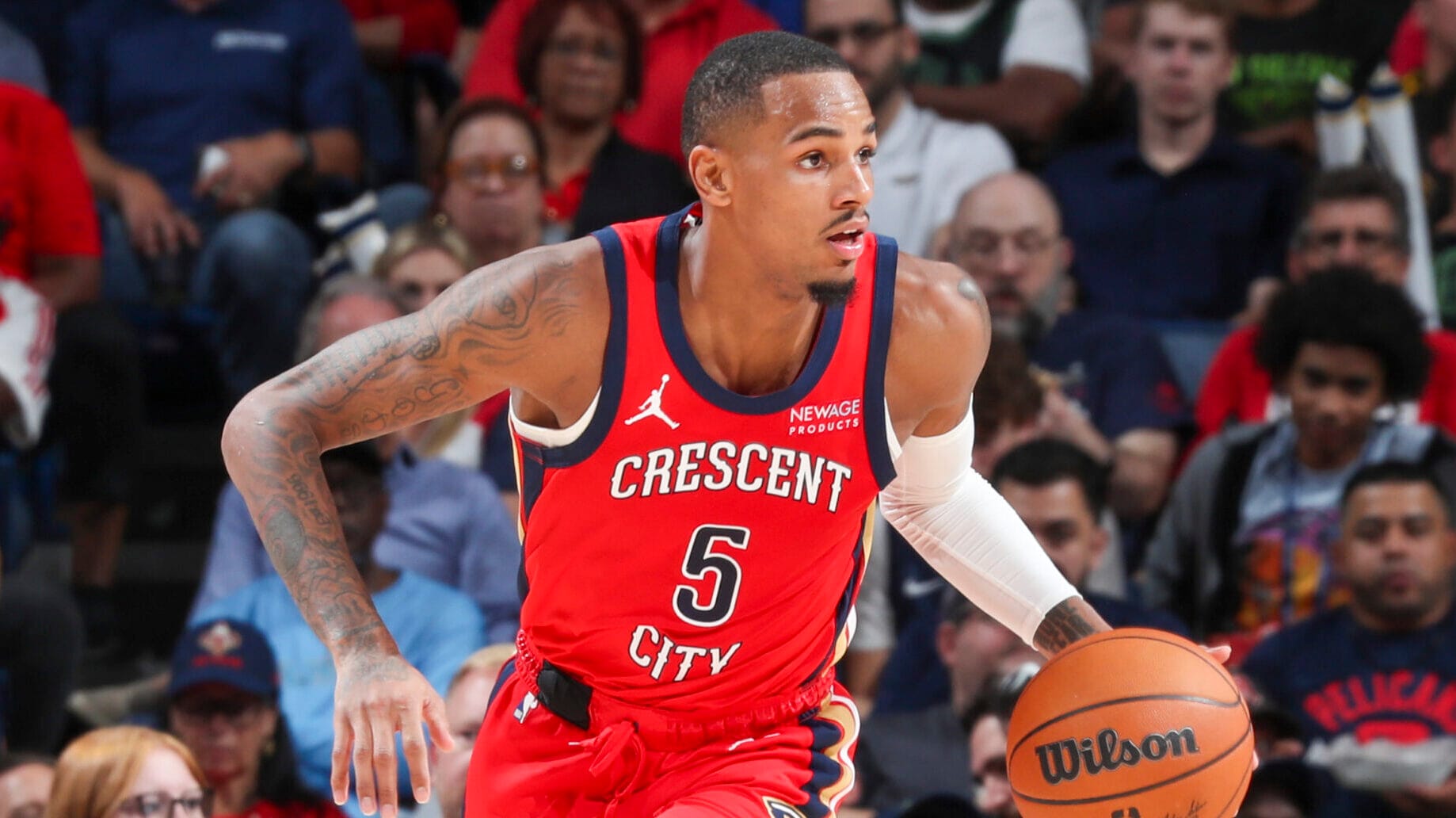
In a move that has stirred considerable debate, the Atlanta Hawks faced a steep $100,000 fine from the NBA after star guard Trae Young was benched during the team’s inaugural NBA Cup game against the Boston Celtics. Despite the Hawks clinching a nail-biting 117-116 victory at TD Garden, the decision to sit Young, citing right Achilles tendinitis, did not go unnoticed by league officials.
The NBA’s rigorous investigation concluded that Young was healthy enough to participate, contravening the league’s strict player participation policy. The policy, enforced with renewed vigor since its introduction in 2023, aims to ensure that marquee players engage fully to enhance game integrity and fan engagement.

Unpacking the Investigation
The NBA’s enforcement of this policy involved consultations with independent medical professionals who assessed Young’s condition. According to the league’s statement, these consultations affirmed that Young met the medical criteria to play, placing the Hawks squarely in violation of the rules.
This isn’t the first time the NBA has had to enforce this policy. Similar incidents have occurred, like the $100,000 fine levied against the Philadelphia 76ers for Joel Embiid’s absence in their season opener. These instances highlight the league’s commitment to maintaining the competitive balance and entertainment value of the game, ensuring fans get to see their favorite stars in action.

Trae Young’s Season So Far
Despite the controversy, Trae Young continues to be a pivotal figure for the Hawks, leading the team with an average of 21.9 points and 11.9 assists per game. His performance remains critical as the Hawks navigate through their current 7-11 season, aiming to climb higher in the league standings.
Implications for Atlanta Hawks
This fine poses significant implications for the Hawks, especially in strategizing player health management versus league expectations. Balancing the long-term health of a player like Young, with a history of Achilles issues, against the mandates of participation policies will be a continuous challenge.
The league’s stance is clear: player availability is paramount, especially in marquee matchups like the NBA Cup, which are pivotal in promoting the league and engaging fans around the globe. As teams like the Hawks navigate these regulations, the debate between player health and league policies is likely to intensify, possibly influencing future amendments to participation rules.

In conclusion, while the Hawks savored a victory against the Celtics, the fallout from their decision-making has sparked a broader discussion on player health, league policies, and the business of basketball. As the season progresses, all eyes will be on how these dynamics play out, not just for the Hawks but for the NBA at large.
